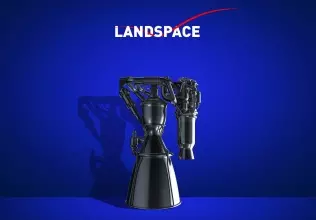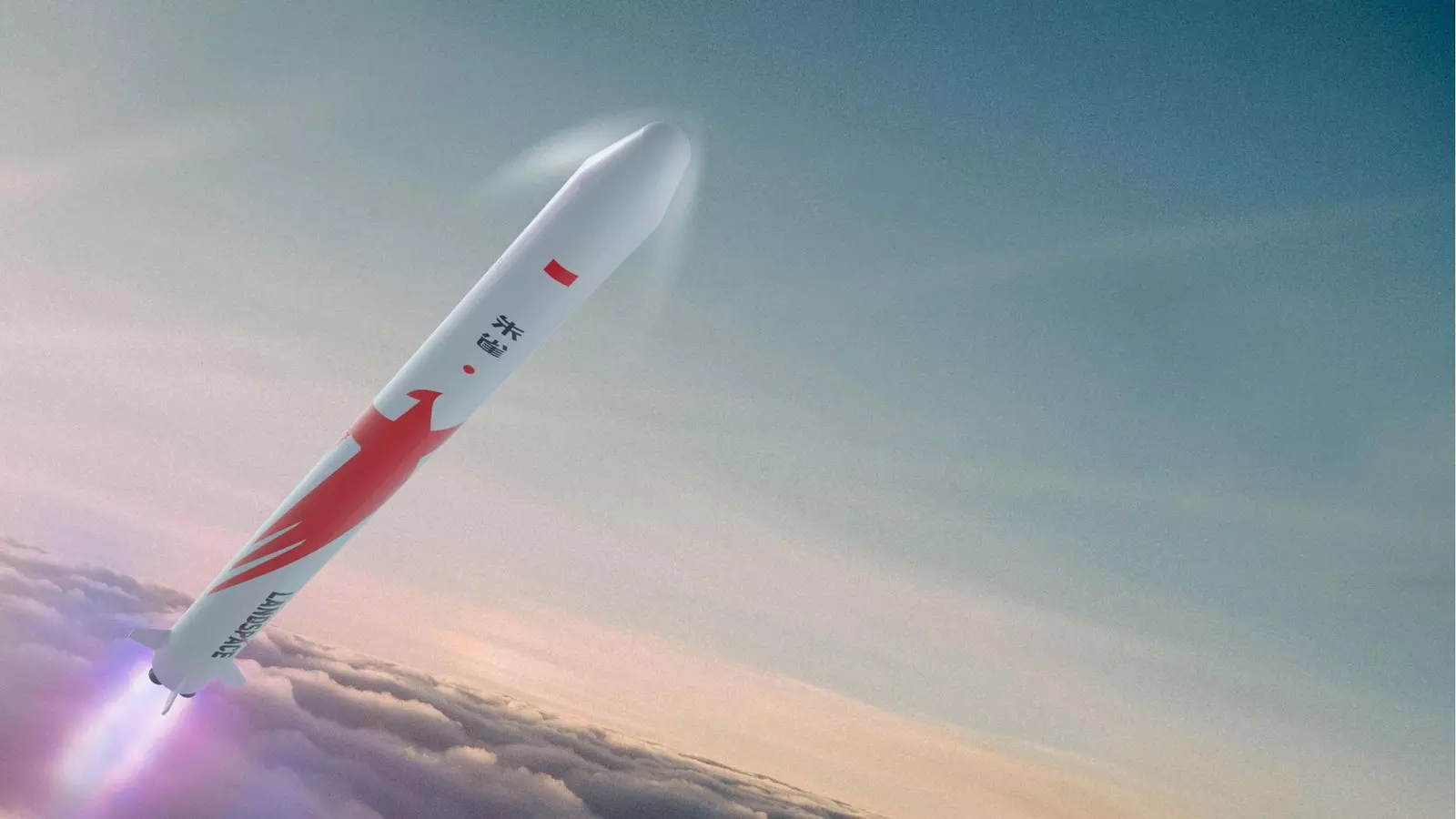- Main page
- Search
- Up to date
- Products
- Technology
- Vehicles
- Video
- Conversion Payback Simulator
Port Injection - Conversion Payback Simulator
Direct Injection - Conversion Payback Simulator
Diesel - Newsletter
Liquid methane-powered rocket from China
 loading results...
loading results...Ambitious goals
Information regarding Landspace's plans were first revealed during the China (International) Commercial Space Symposium in April 2018. Since then, the company has been expanding its production facility in the city of Huzhou in the Zhejiang province. The investment, which encompasses R&D centres and test grounds for liquid fuel-powered engines and rockets, is said to be completed in the third quarter of 2018. When the plant reaches its full capacity, Landspace will be able to manufacture 200 engines and 10 complete rockets annually.
 © LandspaceIf you thought rocket engines couldn't run on gaseous fuels (even if liquefied), you thought wrong
© LandspaceIf you thought rocket engines couldn't run on gaseous fuels (even if liquefied), you thought wrongA tight schedule
In 2019, the Zhuque-2 rocket will be tested on the ground and then, in 2020, it's going to make its maiden flight. The space vessel will be 48,8 m long, 3,25 m in diameter and its start weight will be 230 tons. Its methane-fueled Tianque-1 engine will be powerful enough to facilitate transporting between 1,5 and 4 tons of load, depending on the orbit. Using liquid methane instead of solid fuels makes it possible to use smaller, lighter fuel tanks. But that's hardly the only advantage of running a rocket on natural gas...
The best fuel out there
Most importantly, methane is cheap and abundant. It's also clean, burns efficiently in a rocket engine and produces hardly any carbon byproducts in the process, which makes the fuel perfect for multiple-use rocket engines. According to Zhang Changwu, Landspace's director general, Zhuque-2's cargo capacity will be greater than that of the Falcon 9 rocket, developed and built by Elon Musk's SpaceX. According to Landspace, the Chinese vessel will be able to support space station missions and future Moon landings.







